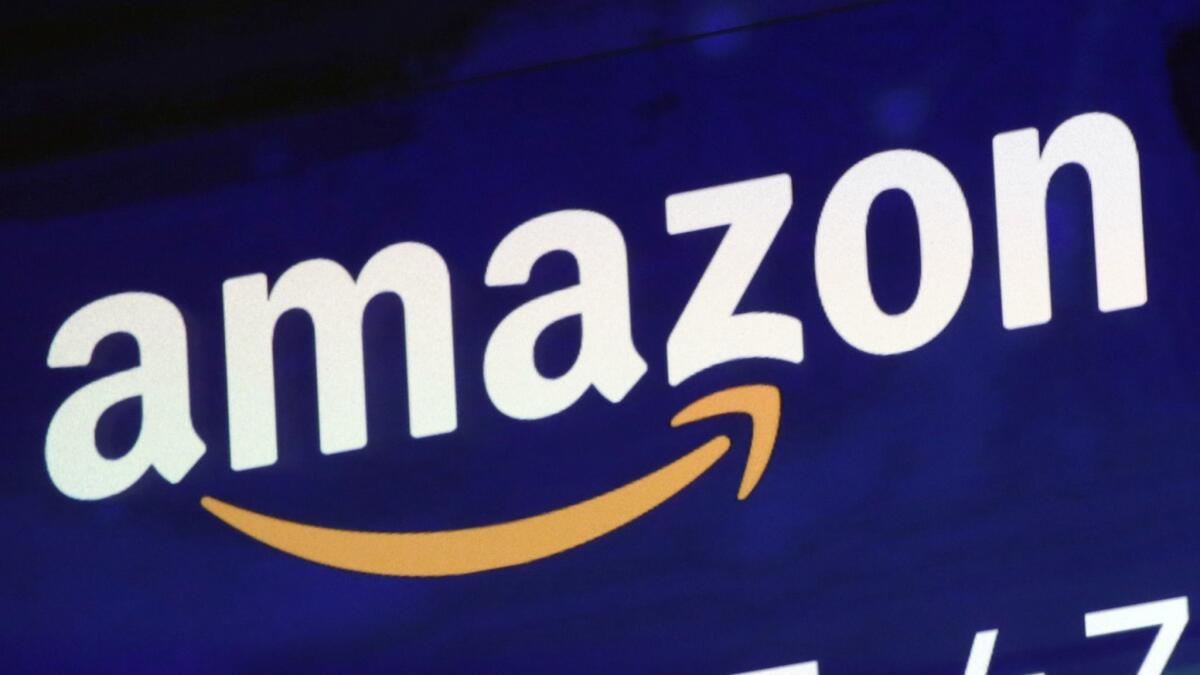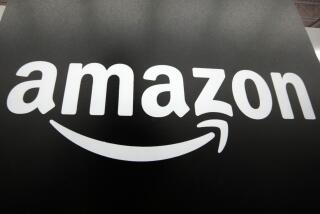Amazon-brand copycat products targeted as EU quizzes merchants

- Share via
European Union antitrust regulators are asking whether Amazon.com Inc. unfairly copies popular products sold by rivals on its online marketplace, according to a questionnaire sent to merchants.
In a 16-page form to be filled out by Oct. 9, regulators want to know whether Amazon has in recent years started to sell products under its own brand that are “identical or very similar” to ones merchants have offered on the company’s website and what impact that’s had on their business.
EU Competition Commissioner Margrethe Vestager last week said her department had opened a preliminary investigation into Amazon to check how the Seattle-based company gathers information on sales made by competitors on the Amazon Marketplace and whether that gives it an unfair edge when it sells to customers.
The European Commission said it launched the probe in large part because of responses it received during a broader e-commerce sector investigation concluded last year. Vestager said recently that the Amazon probe is still in the early stages and that her team sent out questionnaires to gather information about Amazon’s “dual purpose” as a retailer and an online host to other sellers.
The commission and Amazon declined to comment Thursday.
The EU asked merchants to provide hard evidence, such as correspondence with Amazon, and the exact date when Amazon began selling any rival product under its own brand. The EU also wants to know whether merchants use data-sharing tools, for instance for sales optimization, that may be provided by Amazon.
The questionnaire also asks how Amazon’s practices have affected merchants’ business and whether their products saw fewer or no sales after the e-commerce giant entered their market or whether the companies had to lower or raise prices as a result of the new competition.
A 2016 Bloomberg story depicted how Amazon is using insights gleaned from its vast web store to build a private-label juggernaut that includes thousands of products — from electronics accessories to kitchenware, bedding and more.
The company now has more than 120 private-label brands, according to TJI Research. Some, such as Amazon Basics, are clearly identified as Amazon products. Others, like its clothing and furniture lines, are less obviously from the company. This explosive growth has intensified concerns of merchants who see Amazon gaining unfair advantage to compete with them.
More to Read
Inside the business of entertainment
The Wide Shot brings you news, analysis and insights on everything from streaming wars to production — and what it all means for the future.
You may occasionally receive promotional content from the Los Angeles Times.










